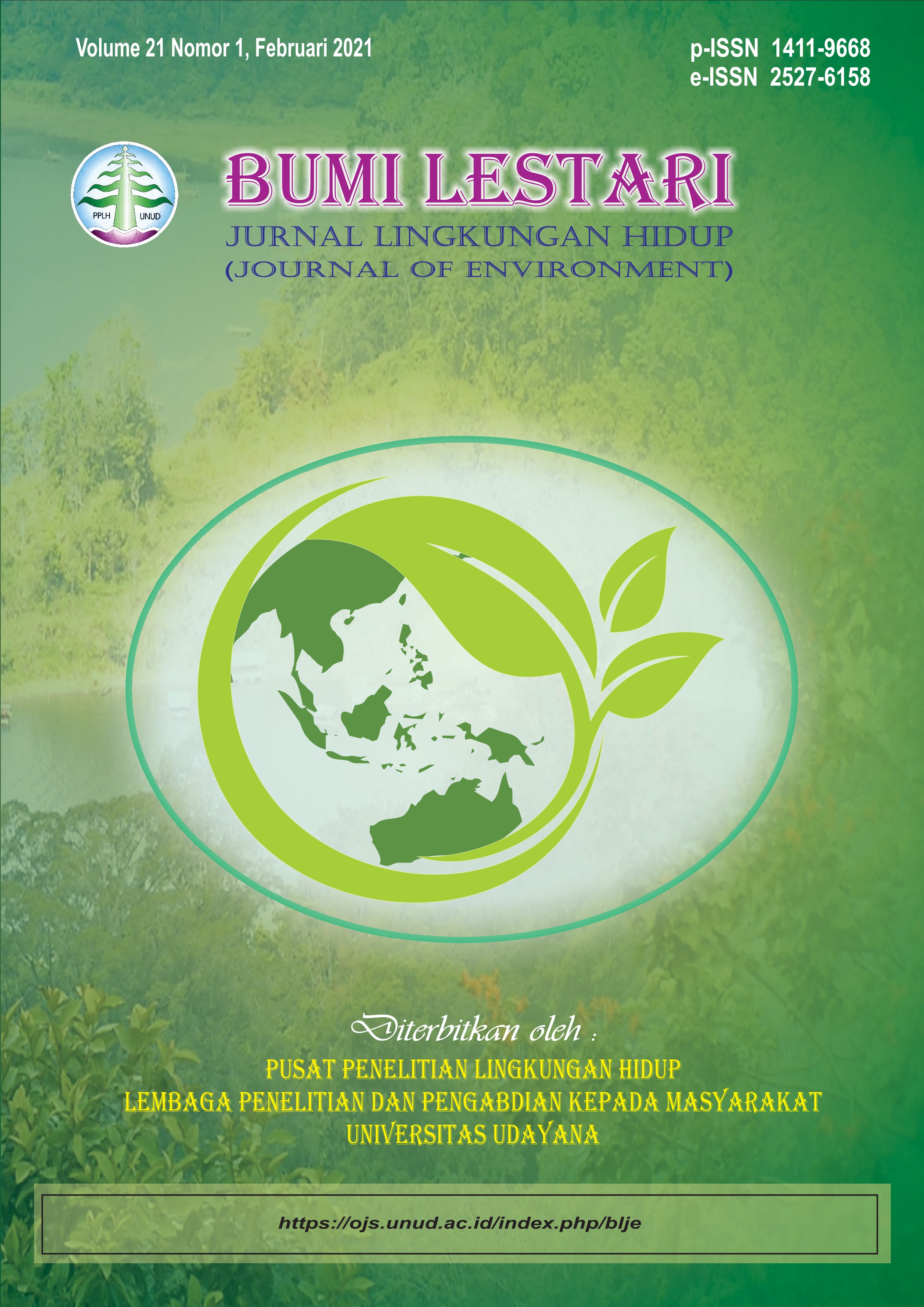Dampak Covid 19 Terhadap Ekonomi dan Lingkungan di Bali
Abstract
The island of Bali as one of the tourism centers in Indonesia has felt the huge impact of Covid 19. The economy of Bali, which relies on tourism with natural and cultural beauty, has experienced a very drastic decline. Data shows that the number of foreign tourists to Bali in January 2021 has decreased as deep as 93.33%, compared to the record in December 2020 and when compared to January 2020, the number of foreign tourists to Bali was recorded to have decreased by almost 100%, namely -99.998% (BPS, 2021). This paper aims to determine the impact of Covid 19 on the economy of Bali, which relies on environmental and cultural sustainability-based tourism as a tourist attraction. This paper uses a literature review analysis related to the economic and environmental impacts in Bali caused by the Covid-19 pandemic. The impact of the Covid 19 pandemic on the economy of Bali which relies on environmental and cultural sustainability-based tourism as a tourist attraction is enormous. The economic downturn and the increase in the volume of Hazardous waste due to the pandemic are real problems to be faced, although environmental restoration will greatly benefit Bali's future sustainability
Downloads
Authors who publish with this journal agree to the following terms:
- All articles published by Bumi Lestari Journal of Environment and Environmental Reseach Center Udayana University are made available under an open access license worldwide immediately. This means everyone has free and unlimited access to the full-text of all articles published in Bumi Lestari Journal of Environment, and everyone is free to re-use the published material given proper accreditation/citation of the original publication. Open access publication is supported by authors' institutes or research funding agency by payment of a comparatively article processing charge for accepted articles (See Author Fees). Bumi Lestari Journal of Environment and Environmental Reseach Center Udayana University publish articles under the Creative Commons Attribution License.
- Authors are able to enter into separate, additional contractual arrangements for the non-exclusive distribution of the journal's published version of the work (e.g., post it to an institutional repository or publish it in a book), with an acknowledgement of its initial publication in this journal.
- Authors are permitted and encouraged to post their work online (e.g., in institutional repositories or on their website) prior to and during the submission process, as it can lead to productive exchanges, as well as earlier and greater citation of published work (See The Effect of Open Access).





